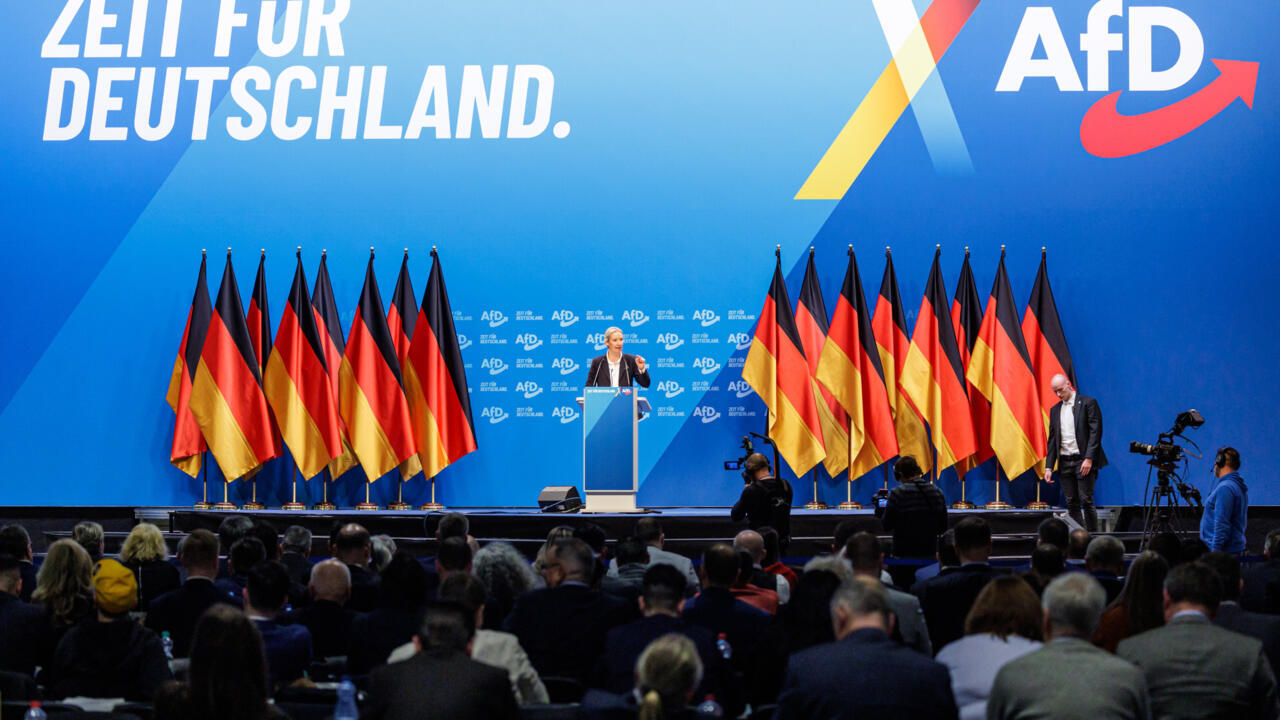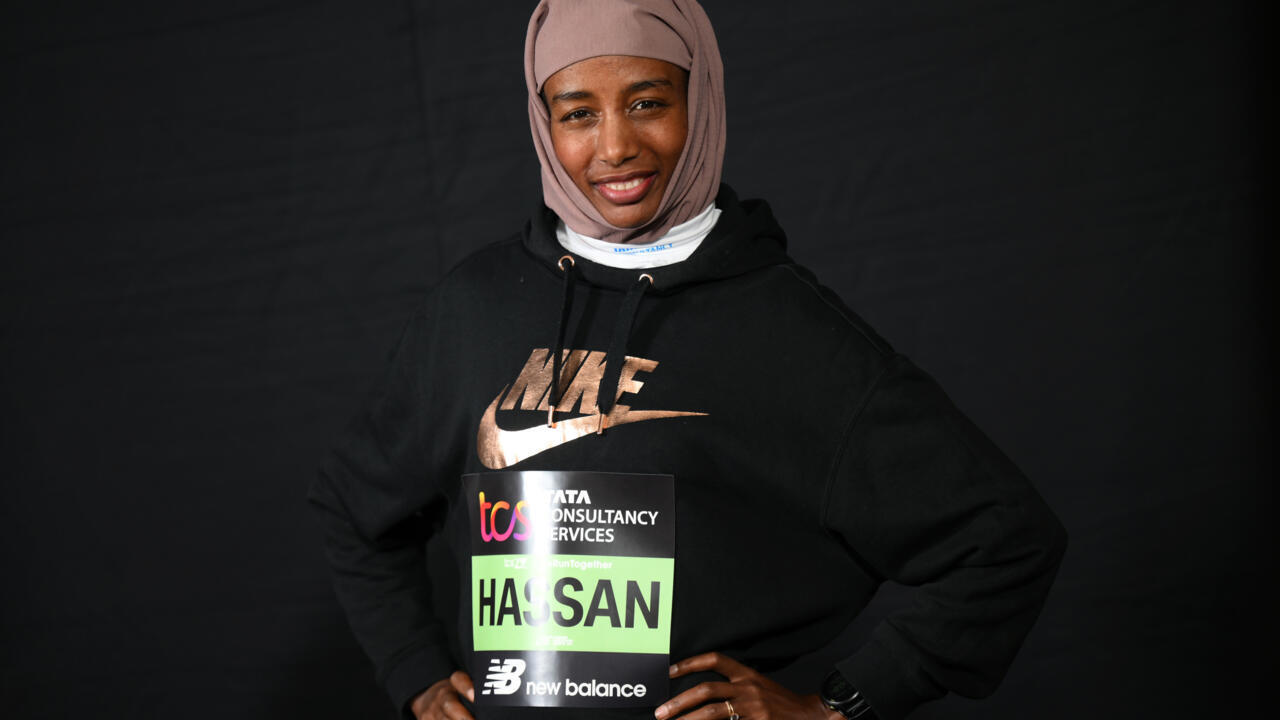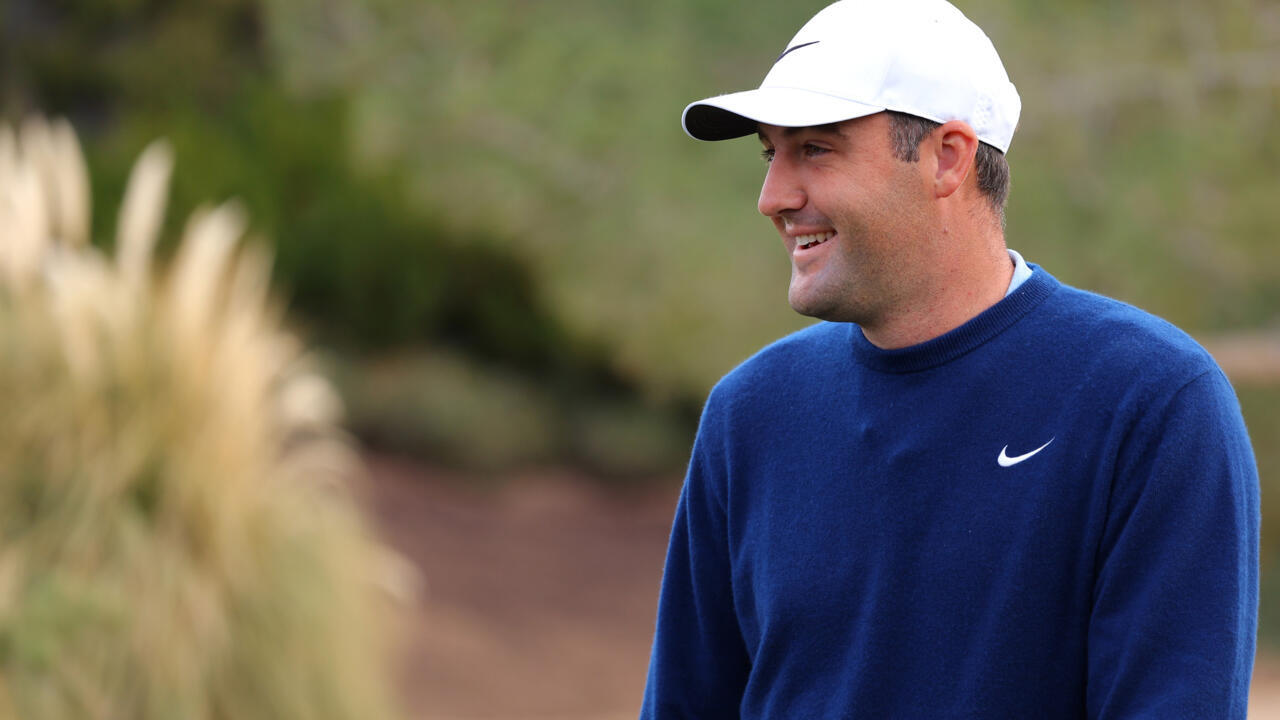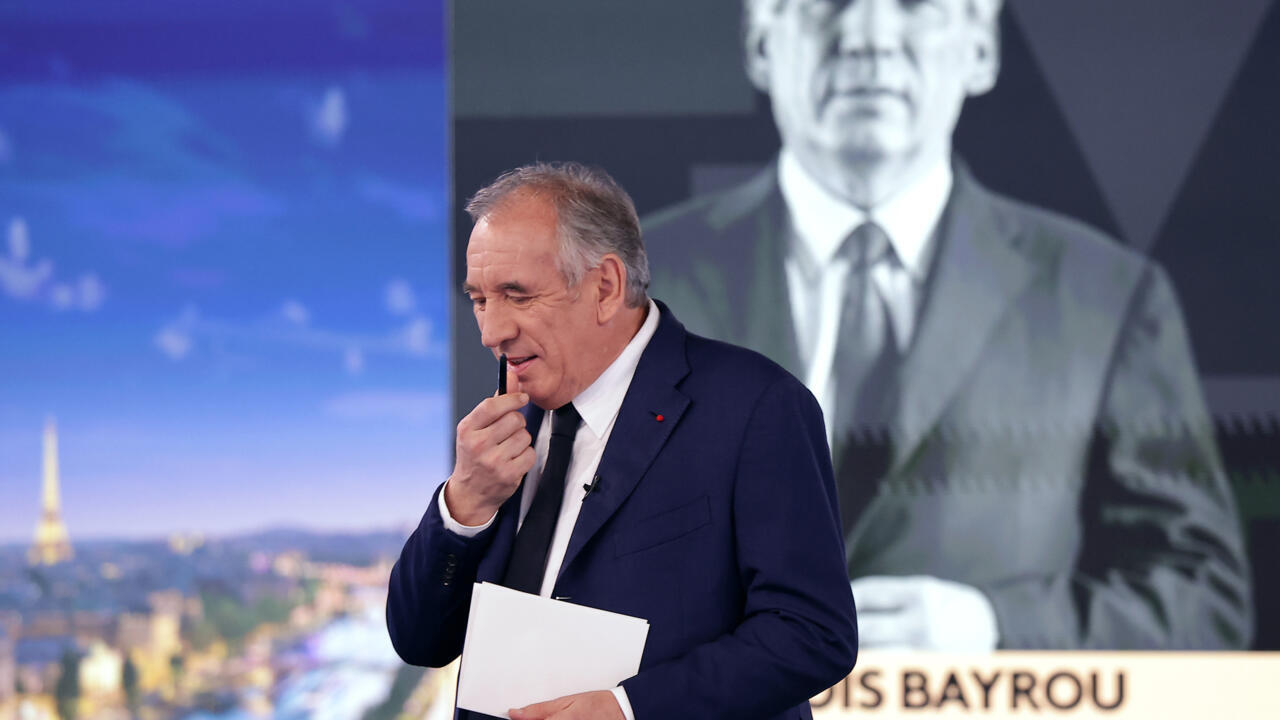Long shunned by the political establishment, Austria’s Freedom Party (FPOe) is currently on the brink of power after being invited to try to form a government with the conservative People’s Party (OeVP).
“We saw what was suddenly possible in Austria and let’s see what happens here,” AfD deputy parliamentary group leader Beatrix von Storch said on the sidelines of a party conference in the eastern town of Riesa on Sunday.
Herbert Kickl’s FPOe had emerged as the largest party at elections in September with around 29 percent of the vote, while the AfD is trailing in second place in Germany behind the conservatives.
But the AfD, which this weekend officially named 45-year-old Alice Weidel as its candidate to be the German chancellor, is catching up — with one recent survey showing it on 22 percent, just eight points behind the conservatives.
The anti-immigration AfD has little chance of being part of Germany’s next government since other parties have committed to maintaining a so-called “firewall” to keep the far right out of government.
But the party founded in 2013, which initially sought to attract voters by positioning itself as anti-establishment, has started to turn its eyes towards power and is calling for the firewall to be dismantled.
‘Will of the voters’
The AfD has looked on with interest not only at the FPOe in Austria, but also at the return of Donald Trump — whose policies are similar to those of the AfD in many areas.
“You’ve seen what happened in Austria. We’ll have to wait and see how the negotiations turn out… But I do see it as positive that in the long term they can’t ignore the will of the voters,” said Giesela Elliott, a delegate at the conference in Riesa from the western town of Dueren.






